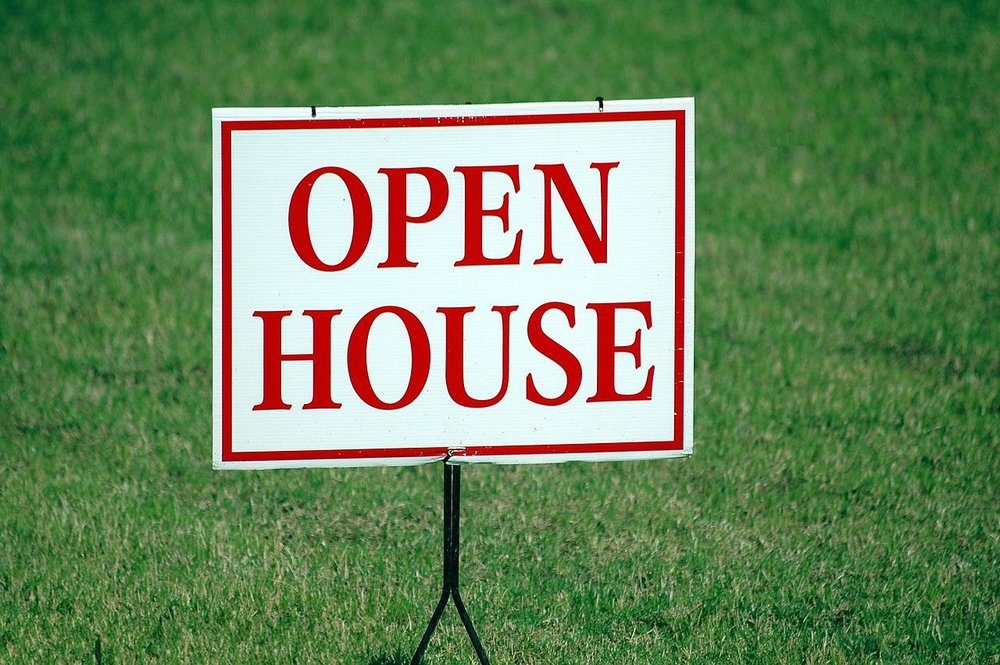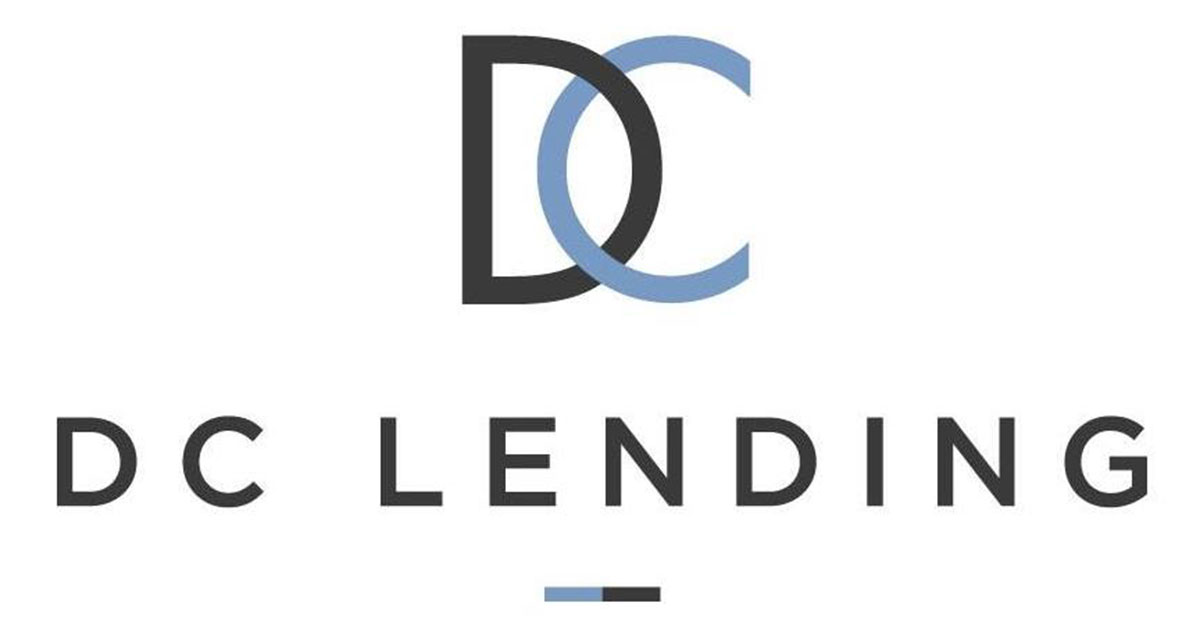
Buying your first home in the beautiful Pacific Northwest is likely to be one of the most exciting experiences of your life. As a first time home buyer, it is a major life decision that will require a lot of time and research to get it right.
Fortunately, there are a lot of resources available for first time home buyers that can help you find the best home for your needs and to help you qualify for a home loan that is a good fit for your budget and lifestyle.
One of the biggest questions you might have is: how much will you need for your down payment? That’s a good question, and there is actually a lot that can impact your up-front costs.
Here are four factors you will need to consider that can affect the amount that you will need to put down as a first time home buyer.
1. The Sale Price of the Home for a First Time Home Buyer
The biggest factor that will impact the size of your down payment is probably the sale price of the home. Most lenders will require that you put down anywhere from 3 percent to 20 percent of the total sale price. That is quite a large range, isn’t it? For a $250,000 home, that will work out to anywhere between $7,500 to $50,000.
The closer you get to a 20% down payment, the more attractive you are likely to be as a buyer. But as you will see, there’s often a lot of leeway for first time home buyers who don’t have that much saved up.
2. Your Ability to Qualify for Government Home Loans in Vancouver WA and Portland OR
Your credit score will be a huge factor that can influence your ability to qualify for a home loan. A score over 700 will give you ideal mortgage pricing.
There is a common misconception among first time homebuyers that you need to have a perfect credit score to purchase a home. In fact, there are several options for buyers whose credit scores are in the low to mid 600 range.
If you don’t have the best credit, there might be some government loans that can help you out.
If you are considering a home in a rural or suburban area, you might be able to qualify for a U.S. Department of Agriculture (USDA) home loan. It sounds like it’s just for farmers, but don’t worry, about 97 percent of land in the country qualifies for USDA loans.
If you are a Veteran or currently serve in the U.S. military, then you could qualify for a VA loan. In most cases, you could actually put zero down for a down payment with this type of loan. You will still have closing costs with a VA loan, but some mortgage companies have options for lender credits that can reduce or eliminate closing costs. In general, many VA borrowers have very little out of pocket costs when purchasing their home.
There are also several low to no down payments options available for first time homebuyers. Contact your loan officer for details on these programs.
3. Additional Closing Costs
Many first time home buyers think exclusively about the down payment, but there are closing costs that will need to be paid too. Additional closing costs can include loan origination, title and appraisal fees and well as prorates and pre-paid escrow items. Mortgage companies, like DC Lending, offer lender credits that can reduce or eliminate these closing costs. For government loan options like VA and FHA, these lender credits can allow you to have little to no out of pocket fees outside of your down payment. Fill in our quick 10-minute online quote and one of our Loan Officers will be in touch with you within 24 hours to discuss our Lender Credit benefits.
In addition to closing costs, You should also consider the cost of moving. An expensive long-distance move will eat away at the amount of savings you will have to put toward your down payment and closing costs.
4. Your Current Income and Expenses
Lastly, yet perhaps most important of all, is your current income and expenses as a first time home buyer. These will be a primary factor in determining your home buying budget. The more money you make, the more home you can purchase and the higher your monthly loan payments can be.
But the reverse is also true. If your income is not very high, then you will want to put down a higher down payment amount in order to bring down the monthly loan payment. It might seem like a catch-22 since having a low income makes it harder to put aside savings for a down payment, but it’s something you will need to consider well in advance of your first home purchase.
Calculating your ideal down payment for purchasing a home can seem a little complicated as a first time home buyer, but it mostly comes down to the four factors described above.
If you are searching for a home loan in the Vancouver, WA or Portland, OR area and have questions about or need assistance in finding homes that would fit your taste and budget, contact DC Lending, a Vancouver-based, family-owned and operated mortgage company.
DC Lending NMLS#1773532

